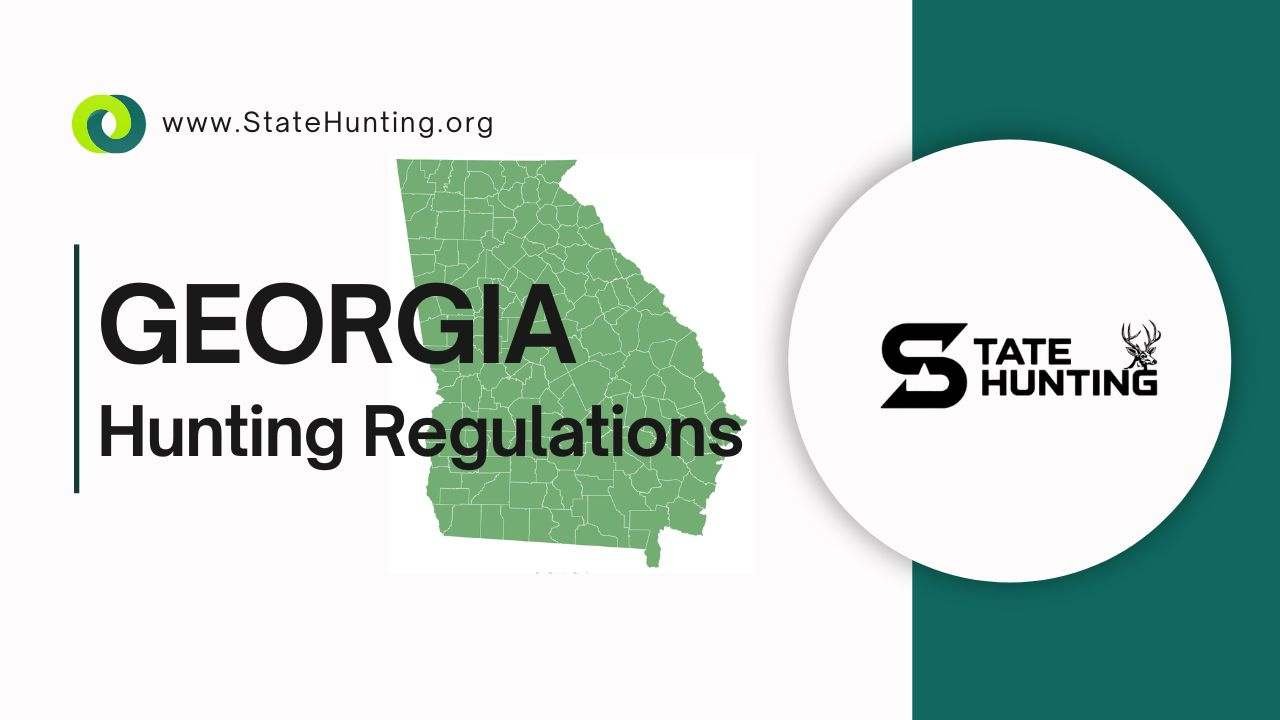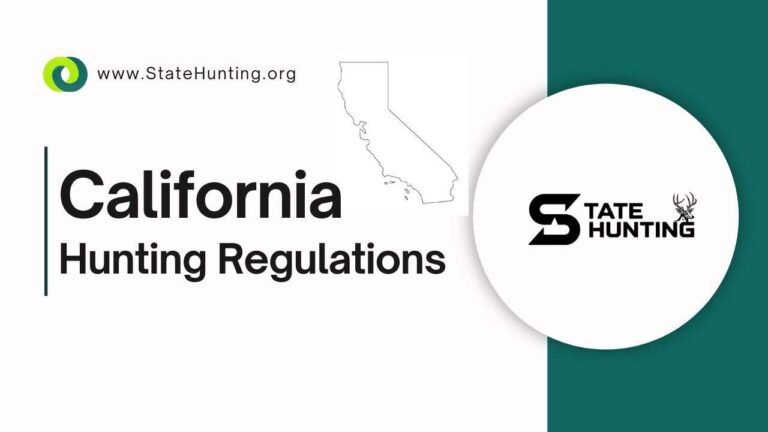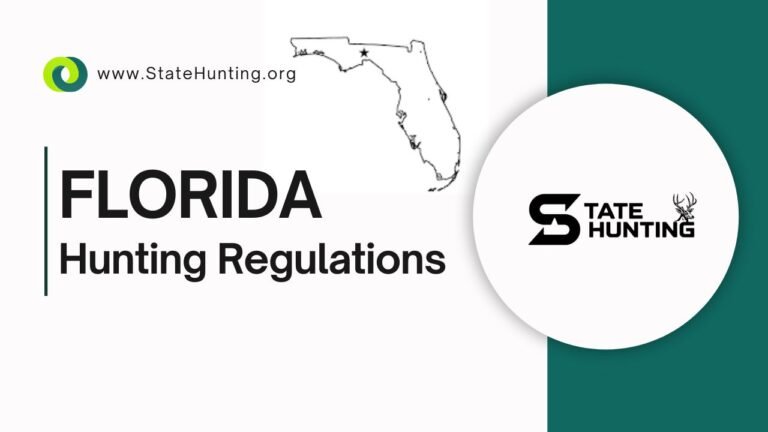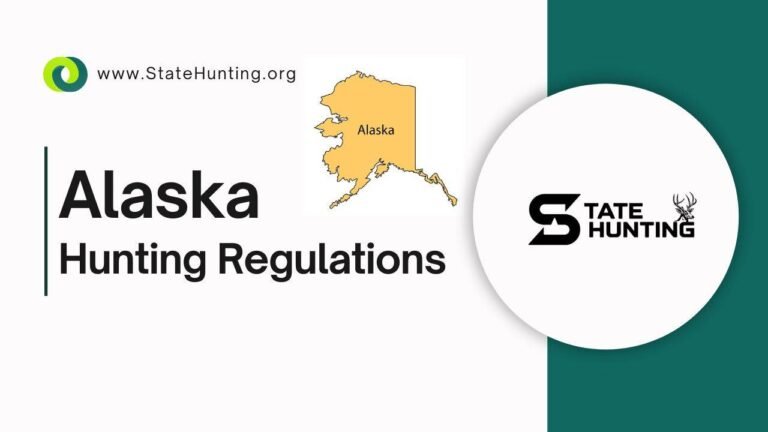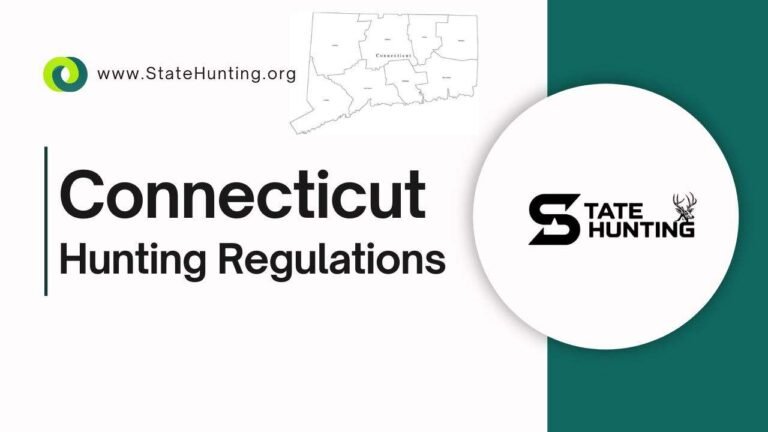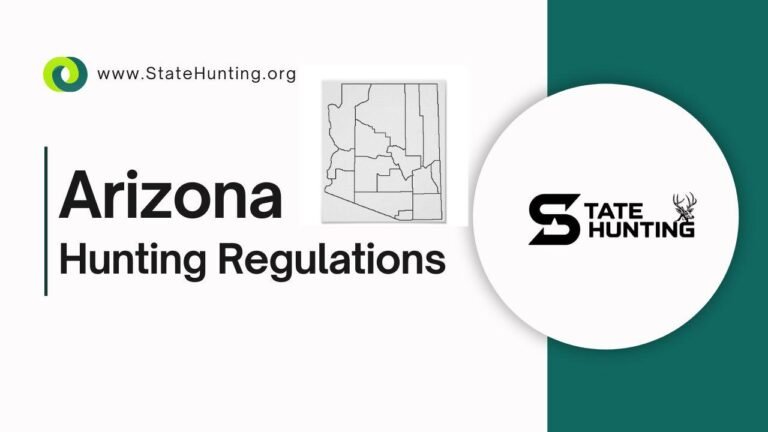Georgia 2025 Hunting Regulations Overview – Zones, Tags, Firearms & Season Laws
Hunting in Georgia for 2025 offers a mix of opportunities across diverse landscapes, from the northern mountains to southern swamps. Key regulations focus on sustainable practices, with required licenses including a basic hunting permit, big game license for species like deer and turkey, and a free harvest record for tagging. Legal weapons vary by game, but generally include bows, muzzleloaders, shotguns, and centerfire rifles, while zones divide the state into northern, central, and southern areas for big game like bear. Rules emphasize safety, such as wearing fluorescent orange or pink during firearms seasons, and ethical harvesting, with bag limits like 12 deer per season (two antlered bucks maximum) and three turkeys. Changes for 2025 include an added early antlerless firearms weekend in October for select counties and updated youth definitions for hunters under 16.
Staying compliant helps protect wildlife and ensures enjoyable outings. Additionally, hunters must report harvests via the Georgia Game Check system within 24 hours, and special zones like Wildlife Management Areas (WMAs) have unique restrictions. Whether you’re pursuing white-tailed deer, wild turkey, or small game, understanding these details prevents fines and supports conservation. Now, let’s dive into the specifics with lists and tables for easy reference.
You may also like Georgia hunting seasons
Licenses and Tags Required for Hunting in Georgia 2025
Before heading out, secure the right paperwork. Georgia mandates licenses based on residency and game type. Residents pay less than non-residents, and youth under 16 often hunt free under adult supervision. Here’s a breakdown in list form for clarity.
- Basic Hunting License: Required for all hunters aged 16 and older. Covers small game like rabbits and squirrels. Cost varies; check the official site for updates.
- Big Game License: Essential for deer, bear, turkey, and alligator. This add-on to the basic license includes harvest reporting privileges.
- Harvest Record: Free and mandatory for big game. Acts as a tag system—record your harvest digitally or on paper before moving the animal.
- Federal Duck Stamp: Needed for waterfowl hunters 16 and up. Available online or at post offices.
- Migratory Bird Permit (HIP): Free for those pursuing doves, ducks, or geese. Register via the Go Outdoors Georgia app.
- Youth Exemptions: Kids under 16 don’t need licenses but must have a harvest record for big game. They can hunt with any legal weapon during youth periods.
- Senior Discounts: Residents 65+ get lifetime licenses at reduced rates.
- Non-Resident Options: Short-term licenses available for visitors, but expect higher fees.
Remember, I once forgot my harvest record on a trip and had to turn back—don’t make that mistake. Purchase everything through the Georgia DNR website for convenience. This high-authority source has all forms.
Legal Weapons for Different Game Species
Georgia specifies weapons to ensure fair chase and safety. Use active voice here: Choose your gear wisely to match the rules. The state allows modern firearms, primitives, and archery, but restrictions apply during certain seasons.
Here’s a table of legal weapons by game type:
| Game Species | Allowed Weapons | Restrictions |
|---|---|---|
| Deer and Bear | Centerfire rifles/handguns (.22 cal or larger with expanding bullets), shotguns (20 gauge or larger with slugs/buckshot), muzzleloaders (.30 cal or larger), bows (long, recurve, compound, crossbow) | No buckshot on WMAs unless specified; air guns (.30 cal+) allowed in firearms/primitive seasons (repeals July 2025) |
| Turkey | Shotguns (No. 2 shot or smaller), muzzleloaders, bows | No centerfire rifles |
| Small Game (e.g., squirrel, rabbit) | Shotguns (up to 3.5-inch shells, No. 2 lead or smaller), .22 rimfire or smaller, air rifles, bows | Centerfire .17 cal+ for fox/bobcat |
| Waterfowl and Migratory Birds | Shotguns (plugged to 3 shells max), bows | Nontoxic shot only (F or smaller) |
| Feral Hogs | Any legal big game weapon, plus others by board rule | No restrictions on silencers with permission on private land |
| Alligator | Hand-held ropes, snares, harpoons, gigs, arrows with lines; handguns/bangsticks for dispatch | Must kill immediately after restraint |
Silencers are prohibited except on private property with owner approval. Moreover, during primitive seasons, stick to muzzleloaders or bows—youth can use modern guns. For more on conservation, link to Ducks Unlimited, a trusted authority on waterfowl rules.
Hunting Zones in Georgia: Northern, Central, Southern Breakdown
The state divides into zones for balanced management. This prevents overharvesting in populated areas. Northern zones cover mountains, southern include coastal plains, and central bridges them.
- Northern Zone: Includes counties like Rabun, Habersham, and Fannin. Stricter on bear seasons due to habitat.
- Southern Zone: Baker, Decatur, and similar counties. Extended firearms for deer to Jan. 15.
- Central Zone: Areas like Bibb and Monroe. Limited bear hunts, often one day.
- Extended Archery Counties: Urban areas like Fulton and Gwinnett—archery only to Jan. 31.
- WMA Zones: Managed lands have sub-zones; for example, Dawson Forest requires sign-in for big game.
Use maps from the DNR app to confirm your spot. Transitioning to specifics, WMAs add layers of rules.
General Hunting Rules and Safety Guidelines
Follow these to avoid penalties—fines start at $100 for minor violations. Hunters actively report harvests and respect private land.
- Wear 500 sq. inches of fluorescent orange or pink during firearms big game seasons (above waist).
- No baiting for deer or turkey, but allowed for hogs on private land.
- Harvest reporting mandatory within 24 hours via app, phone, or online.
- No hunting from vehicles or within 50 yards of roads open to traffic.
- Dogs allowed for small game and hogs, but not deer unless in dog-deer counties.
- Carcass disposal: Bury or incinerate inedible parts on-site to prevent CWD spread.
- Alcohol prohibited while hunting.
- Trespassing laws strict—get written permission for private property.
However, youth get leeway, like using any firearm in primitive periods. If you’re new, start with public lands.
WMA-Specific Regulations: Key Areas and Rules
WMAs provide public access with strict rules. Sign-in often required.
From D-H WMAs:
- Dawson Forest: Antler restrictions (4 points or 15-inch spread); quota for turkey, dove.
- Di-Lane: Similar antler rules; quota for deer, turkey, quail.
- Dixon Bay: Archery/primitive only for deer.
- Dixon Memorial: Dog hunts for deer in quotas.
From Q-S WMAs:
- Redlands: USFS land; no ATVs; quota dove.
- Rich Mountain: Buck-only archery; no ATVs.
- Richmond Hill: No early antlerless; archery-only areas.
- River Bend: Specialty hunts for youth/mobility-impaired.
Other WMAs follow similar patterns—check per area. I recall hunting Redlands; the no-ATV rule made it a real hike, but rewarding.
Special Hunts: Youth, Mobility-Impaired, and Quota
These promote inclusion.
- Youth Hunts: Many WMAs offer priority; e.g., Di-Lane Apr. 4-10 for turkey.
- Mobility-Impaired: River Bend has dedicated dates.
- Quota Hunts: Apply by Sept. 1; limited spots for popular areas.
- Hunt and Learn: Educational programs for beginners.
Changes and Updates
New for 2025:
- Youth under 16 clarified.
- Blaze pink option.
- Early antlerless weekend.
- Carcass disposal rules tightened.
- Bowfishing for catfish expanded.
Stay updated via DNR alerts.
Tips for Successful and Ethical Hunting in Georgia
Plan ahead. Scout locations, practice shooting, and pack essentials. Respect wildlife—take only what you need. If issues arise, contact wardens.
In conclusion, Georgia’s 2025 regulations balance opportunity with conservation. Follow them for great experiences.

